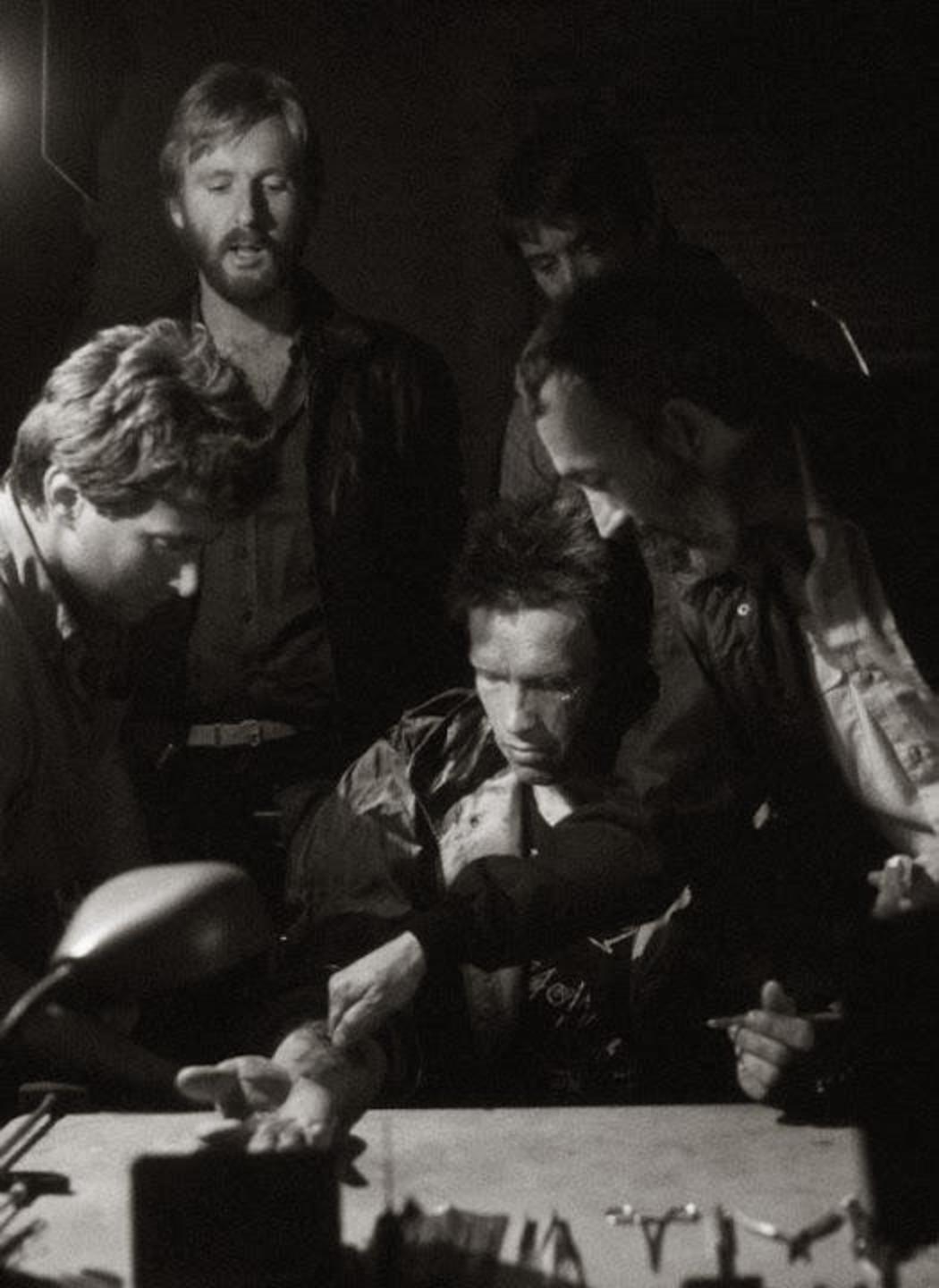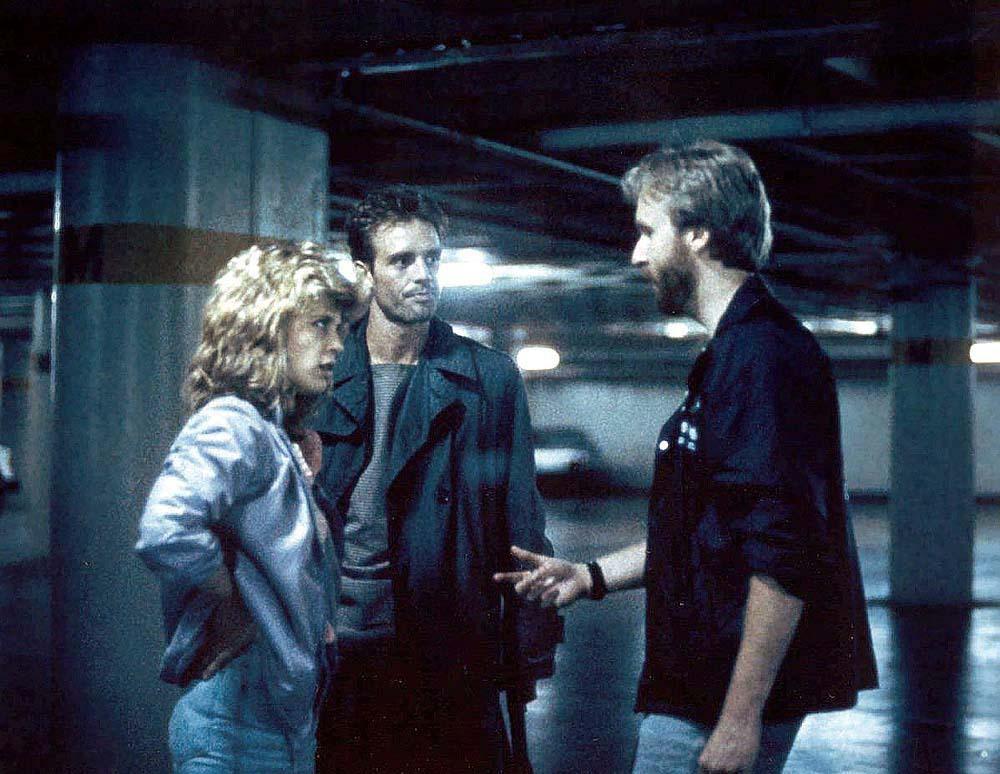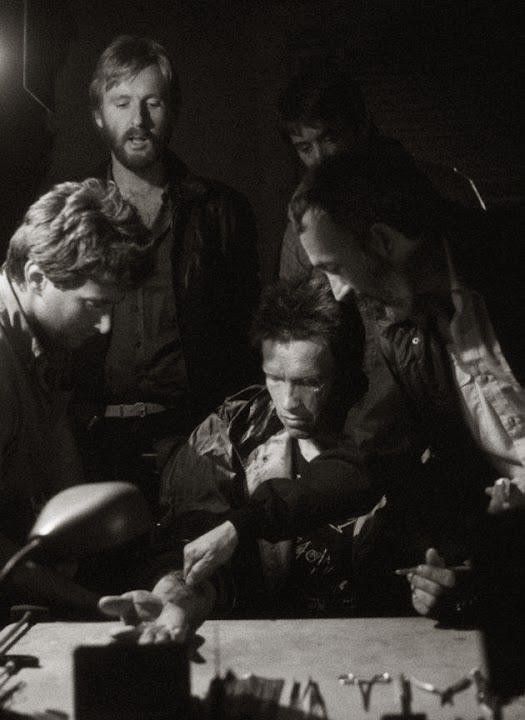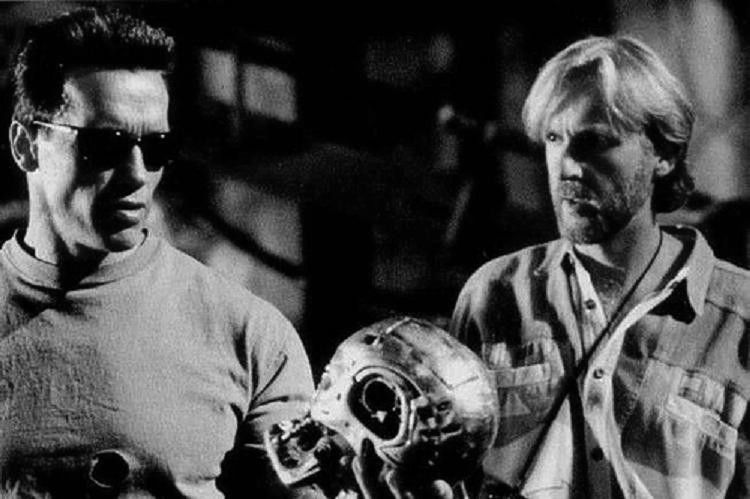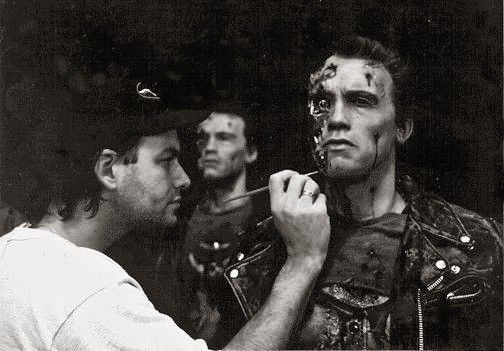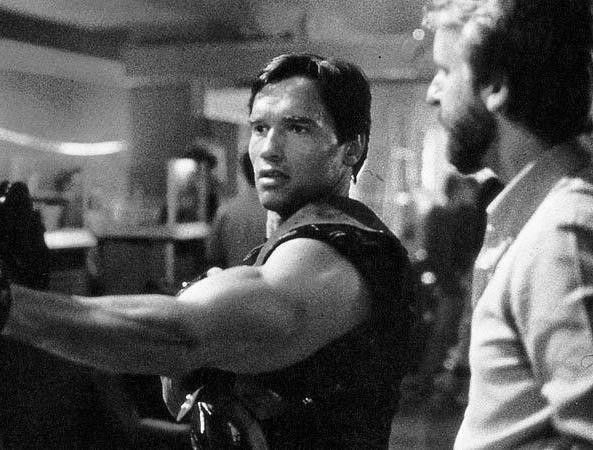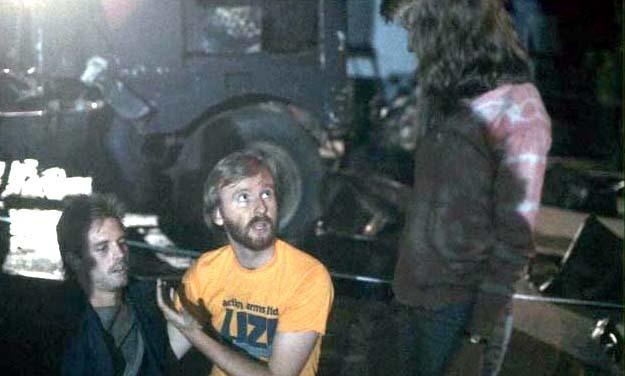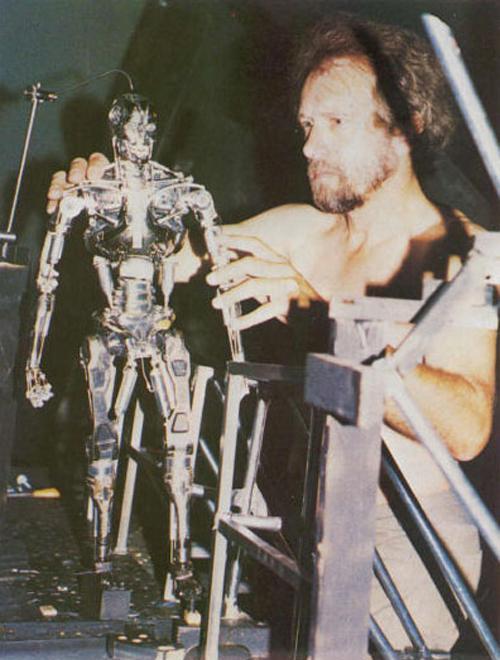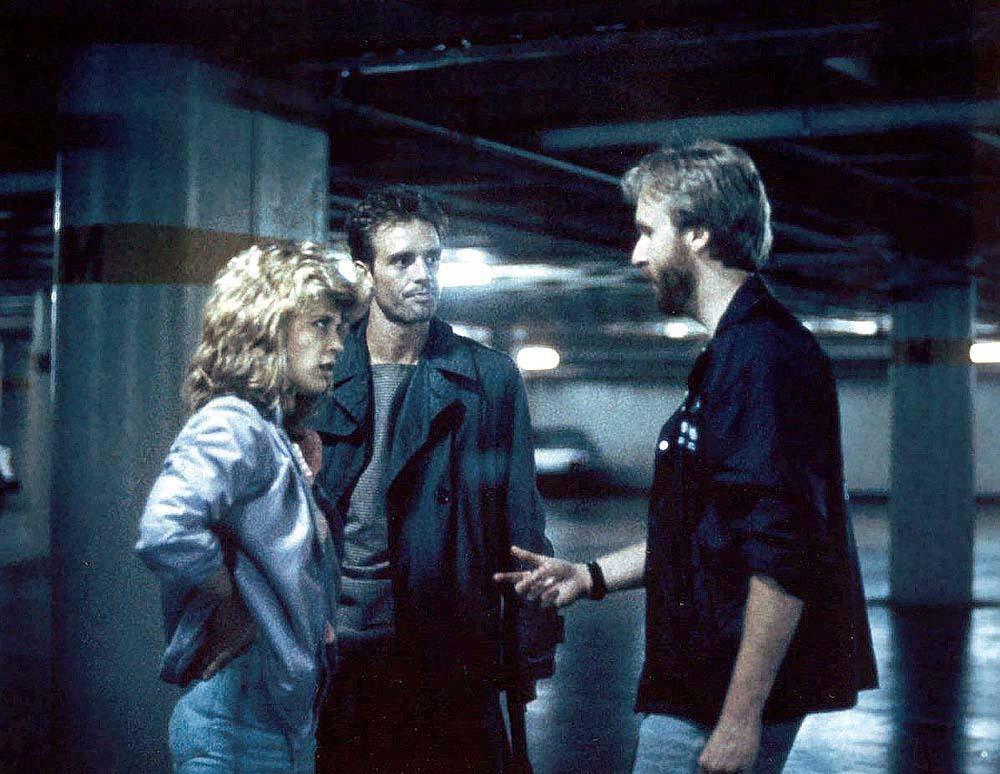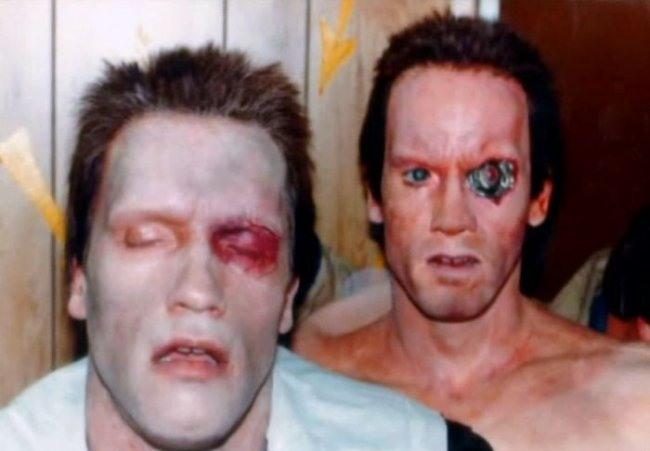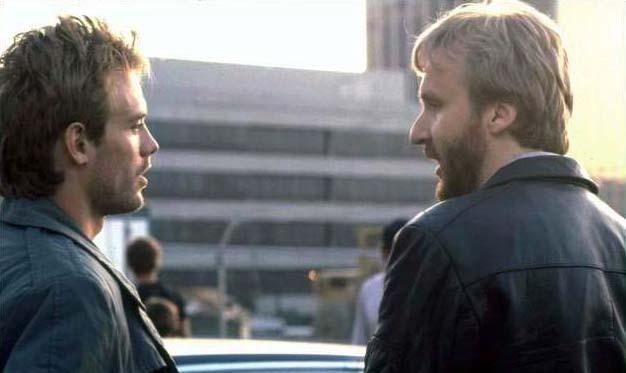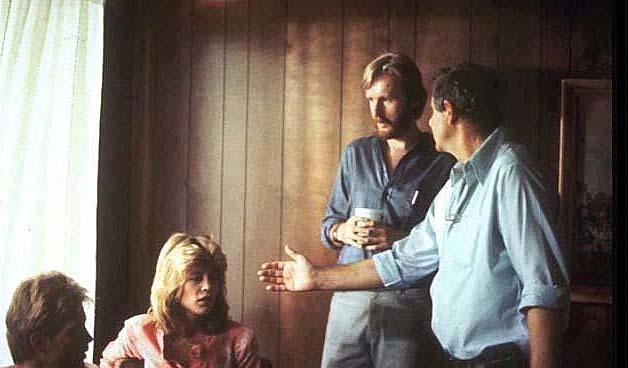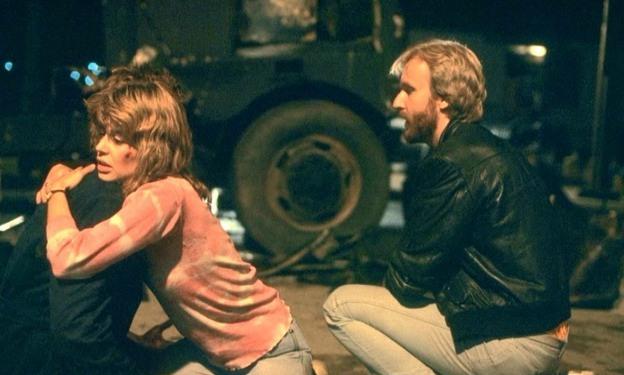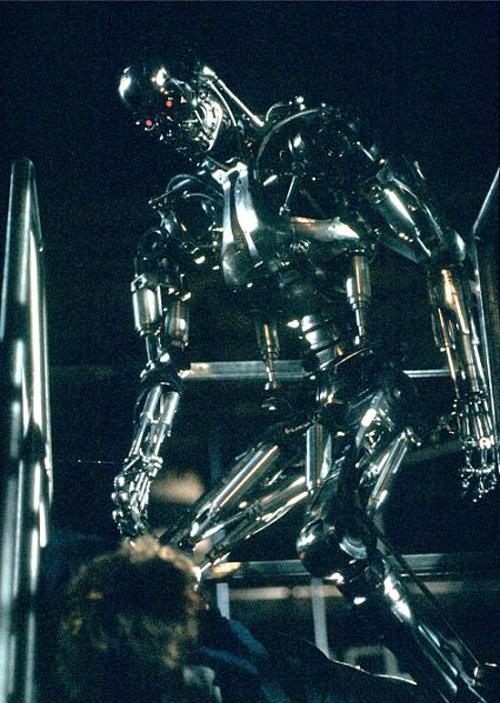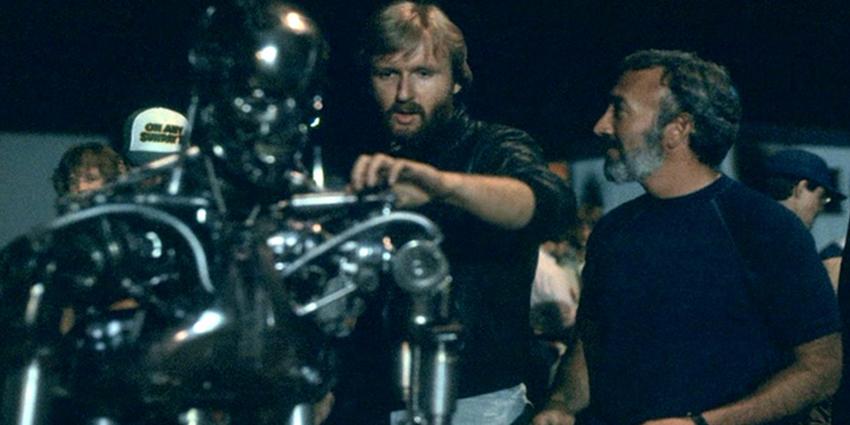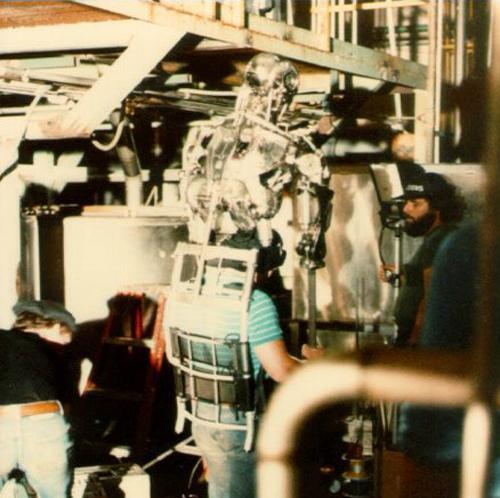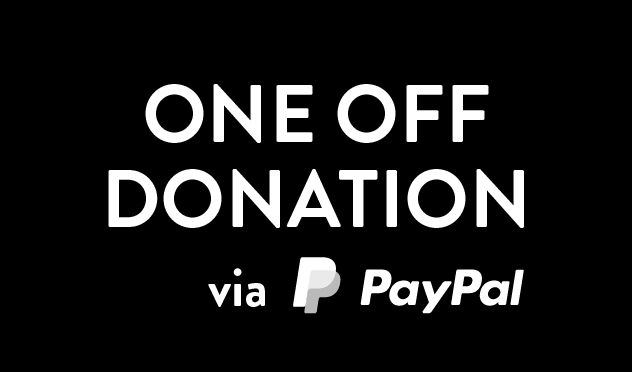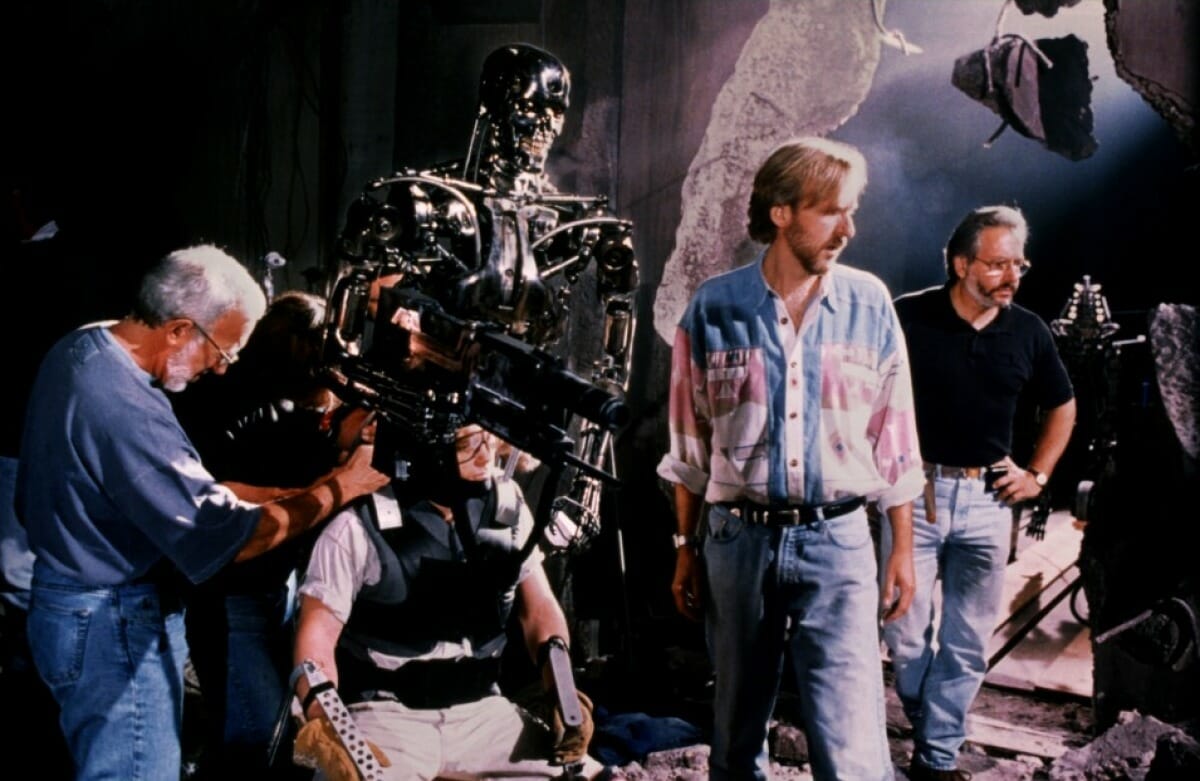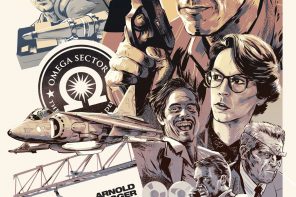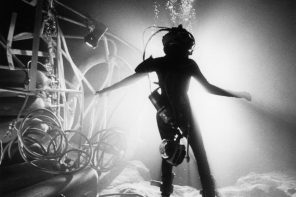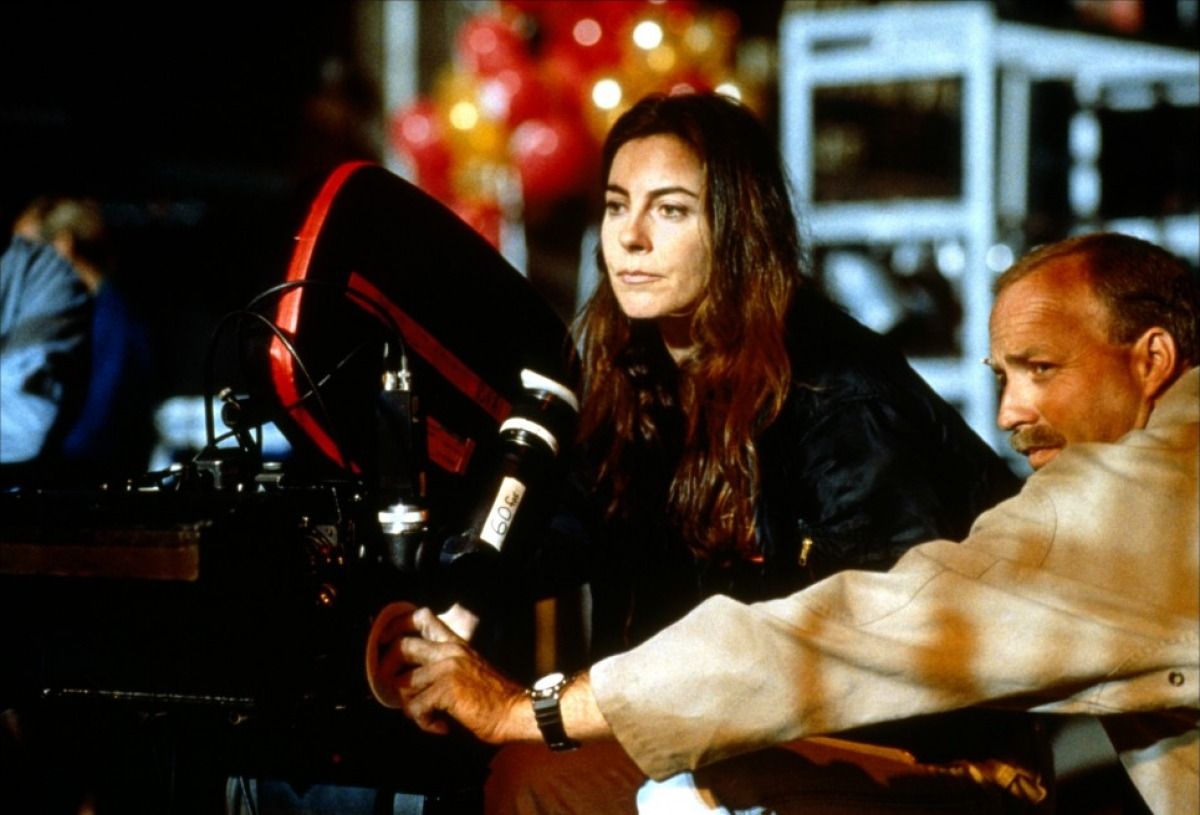By Sven Mikulec
Arnold Schwarzenegger called it “a shitty film” on one occasion. Michael Biehn was unsure about coming on board because he thought the film sounded silly. James Cameron’s agent called his idea stupid, and Orion Pictures, the distributor, had little to no faith in the film’s commercial and critical success. And yet, Cameron insisted on going all the way with the project born as a vision that came to him in a fever-ridden dream. As they say, the rest is history. Starting from an idea immediately labeled as implausible, silly and that was unlikely to be done properly with the technology at disposal, Terminator turned into a science fiction and horror giant, launching director James Cameron’s career into the orbit, transforming Schwarzenegger into a deeply desired commodity, telling a story that would not only spawn a series of sequels, but ultimately change the way we observed the genre. Since 1984, the chronology of science fiction action films was defined as either before or after Terminator.
Endlessly entertaining, featuring a compelling story embellished by surprisingly competent acting performances, shocking special effects, terrific on-screen carnage and practically non-stop thrill-enticing imagery, Cameron’s film is a true classic, as powerful and influential as films can get. Brad Fiedel’s musical score certainly helped, as the legendary theme music is still celebrated as one of the most famous pieces of film music ever composed, and Schwarzenegger probably found the ideal role for himself—he says only 18 lines in the course of the film, brilliantly nailing the terrifying strong silent type figure he was assigned to bring life to. Cameron wrote the screenplay, slightly assisted by the film’s producer Gale Anne Hurd, and did it in a way that every single detail of the plot that might have sounded a bit far-fetched somehow seemed natural, believable and exhilaratingly convincing. From our experience, seeing Terminator for the first time is like having your eyes opened and mind blown after years of blind boredom. One of a kind.
A monumentally important screenplay. Screenwriter must-read: James Cameron’s screenplay for The Terminator [PDF]. (NOTE: For educational and research purposes only). The DVD/Blu-ray of the film is available at Amazon and other online retailers. Absolutely our highest recommendation.
 Loading...
Loading...
“From the idea to the outline to the beat sheet to the synopsis to the full-blown fleshed-out treatment, you’ve got to get your story clear in your head before the actual writing begins. Prematurely cranking out pages without first tending to the heavy lifting is an ideal way to eventually find yourself buried in copious amounts of pain, rewriting, and wasted time. But with a solid treatment, the actual crafting of your novel or screenplay should theoretically be a joy. While the core idea behind the The Terminator (1984) is surprisingly simple, it’s also mind-numbingly huge. The story’s resulting plot is therefore relatively complicated with lots of critical details about its world, so tightening everything up into a comprehensive summary was not a job for the unskilled. James Cameron’s legendary 17,000-word treatment of the piece is regarded as something of a clinic among writers of high-concept fiction. Read, enjoy, learn.” —Jace Daniel
A must-read for every aspiring screenwriter/filmmaker: James Cameron’s legendary 17,000-word treatment for The Terminator [PDF].
 Loading...
Loading...
James Cameron—How to direct a Terminator, Starlog #89, December, 1984.
“While writing his 1984 breakout film Terminator, James Cameron lived on McDonald’s, diner coffee and the money he made painting one-sheets for bad direct-to-video movies. The director, who would go on to helm the highest-grossing movie of all time, Avatar, expressed a surprising fondness for that early, “zero billion dollar” stage of his career while speaking at the fifth annual Hero Complex Film Festival recently [video].
It was actually easy to write cause I didn’t have to self-isolate like I do now, from multi-tasking with other businesses, and with a family with five kids. I was already isolated… basically just a sad, dark, isolated human being. There was an innocence to it in a funny way. I was the anonymous, kind of angry wannabe filmmaker. There’s some courage that comes from that, you say whatever comes into your head. It gets harder and harder to do that as you go along and you get encumbered by expectation and business relationships and all of that sort of stuff. I was kind of like a free voice in the wilderness in that stage. Most people hate that period of their life when they’re just trying to break in as an artist, and then you spend the rest of your career wishing you were back in that situation.” —James Cameron recalls his ‘angry wannabe filmmaker’ phase
Art and drawings, including storyboards, from the first ever Terminator movie, collected on the one and only true Terminator fansite.
Why is Harlan Ellison’s name on the end credits of The Terminator? Find out in this video.
On the set of James Cameron’s Terminator. Photographed by Joyce Rudolph © Hemdale, Pacific Western, Orion Pictures. Intended for editorial use only. All material for educational and noncommercial purposes only.
If you find Cinephilia & Beyond useful and inspiring, please consider making a small donation. Your generosity preserves film knowledge for future generations. To donate, please visit our donation page, or click on the icon below:
Get Cinephilia & Beyond in your inbox by signing in
[newsletter]
